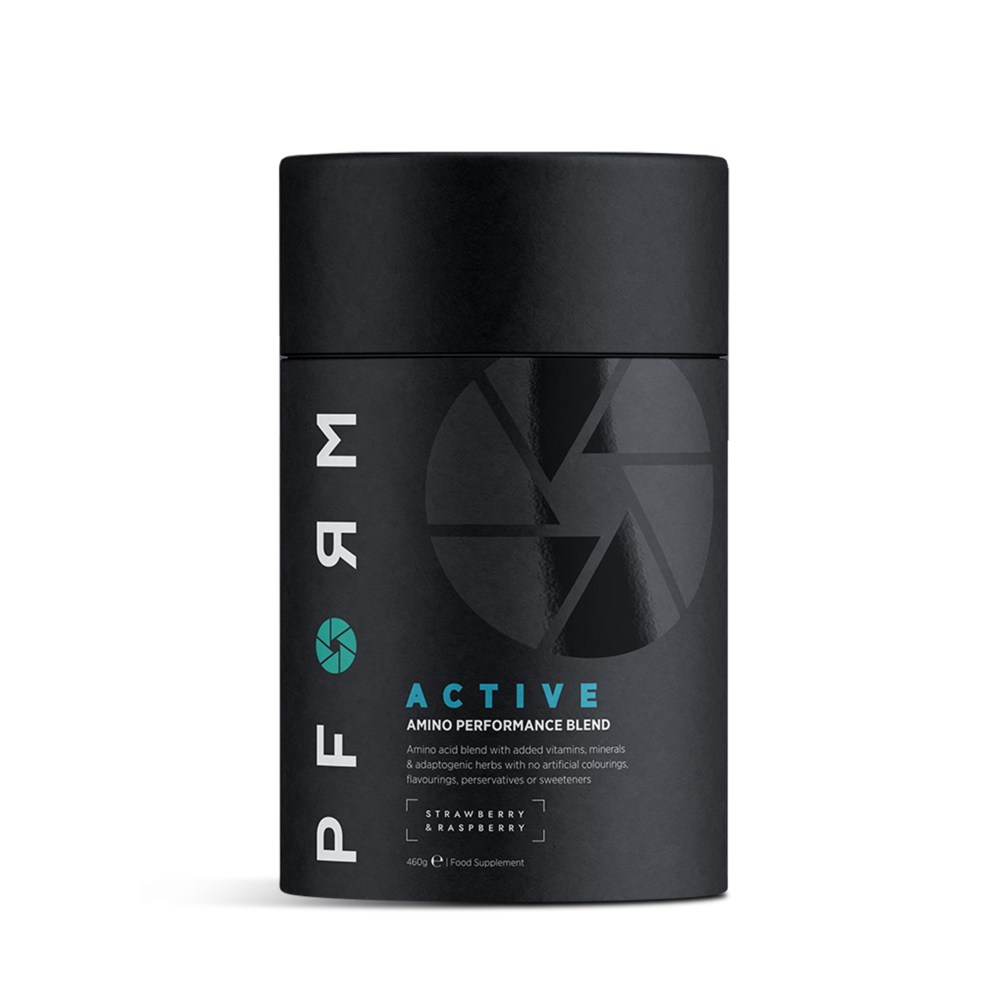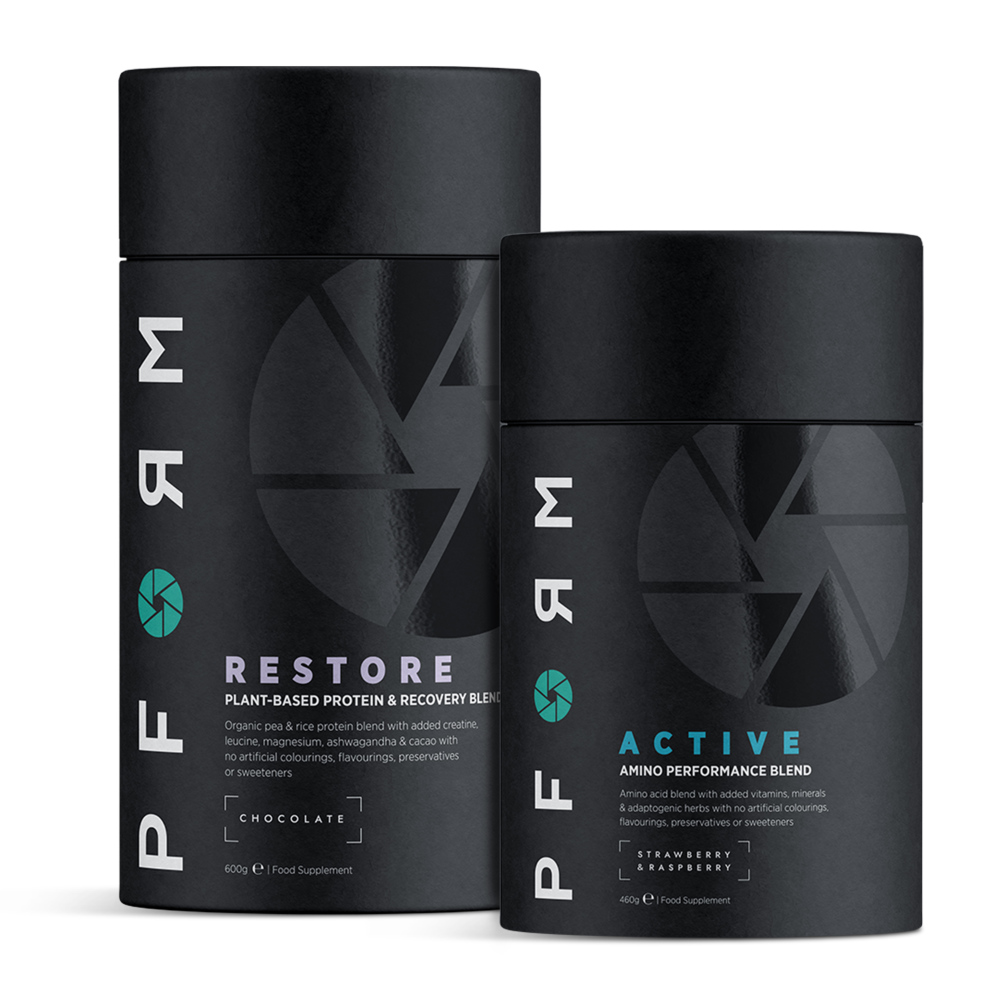
Performance Enhancing Benefits of Beta Alanine
If you exercise and include high intensity training, you may have heard of the benefits of beta alanine supplementation. Read on to find out what it is and its potential benefits.
What is Beta Alanine?
Beta alanine is a modified version of the amino acid alanine and is a precursor to a substance called carnosine. Carnosine is found in the muscle, predominantly in the faster twitch muscle (type II) fibres. It has various roles – it buffers lactic acid build up (which occurs during higher intensity exercise), is involved in the contractility of muscle fibres and has antioxidant activities (1). Levels of carnosine may impact exercise performance, in particular high intensity exercise which requires the use of type II muscle fibres (2,3).
Levels of beta alanine are considered to be the rate limiting step to carnosine production (1,4) – this essentially means that without enough beta alanine, carnosine cannot be produced.
Supplementation with beta alanine is shown to significantly increase muscle carnosine concentrations (1, 5). Theoretically therefore, by elevating levels of carnosine in the muscle, the capacity to perform high intensity exercise during training may increase, leading to greater training adaptations and performance.
Potential benefits of beta alanine supplementation
Enhanced high intensity training
Beta alanine supplementation may alleviate the fatigue process associated with increased lactic acid levels during high intensity interval training (HIIT) (6). Beta alanine supplementation may improve intermittent recovery during HIIT and therefore improve overall performance (7,8).
Enhanced performance
Supplementation with beta alanine for 28 days enhances sub-maximal endurance performance by delaying blood lactate accumulation and improves time to exhaustion (9,10).
Supplementation improves cycling total time to exhaustion (1,11,12) and may significantly enhance sprint performance at the end of an exhaustive endurance exercise bout (13).
As well as enhancing running and cycling performance, beta alanine supplementation may contribute to improved swimming and boxing performance (14,15).
Beta alanine supplementation results in significantly higher training volumes for resistance training and lower subjective feelings of fatigue (16).
Supplementation with beta alanine may also improve resistance training outcomes (11)!
Added benefits with sodium bicarbonate
Supplementation of beta alanine with sodium bicarbonate added may significantly improve high-intensity exercise performance (8,11).
Enhanced muscular endurance
Increases in muscular endurance when performing exercise bouts of 60-240s. (17)
Take Home Points
Daily beta alanine supplementation for a period of 2-12 weeks: increases muscle carnosine content. Carnosine plays a role in buffering lactic acid build up, the contractility of muscle fibres and has antioxidant activities.
Beta alanine supplementation: may enhance overall performance in a variety of different training protocols and be especially beneficial for HIIT.
The impact of beta alanine supplementation may be enhanced by: combining it with sodium bicarbonate.
A side note for anyone using beta alanine is that it can lead to something called parasthesia. This is a potentially uncomfortable but ultimately harmless tingling of the skin. The higher the dose the more likely the reaction. Interestingly we all have different tolerance levels and these are also not the same from day to day.
Related Products
References
- Hill et al. (2007). Influence of beta alanine supplementation on skeletal muscle carnosine concentrations and high intensity cycling capacity.
- Baguet et al. (2010). Important role of muscle carnosine in rowing performance.
- Suzuki et al. (2002). High level of skeletal muscle carnosine contributes to the latter half of exercise performance during 30-s maximal cycle ergometer sprinting.
- Harris et al. (2006). The absorption of orally supplied beta alanine and its effect on muscle carnosine synthesis in human vastus lateralis.
- Derave et al. (2010). Muscle carnosine metabolism and beta alanine supplementation in relation to exercise and training.
- Hargreaves et al. (1998). Muscle metabolites and performance during high-intensity, intermittent exercise.
- Saunders et al. (2012). Beta alanine supplementation improves YoYo intermittent recovery test performance.
- Tobias et al. (2013). Additive effects of beta-alanine and sodium bicarbonate on upper-body intermittent performance.
- Jordan et al. (2010). Effect of beta-alanine supplementation on the onset of blood lactate accumulation (OBLA) during treadmill running: pre/post 2 treatment experimental design.
- Stout et al. (2007). Effects of beta alanine supplementation on the onset of neuromuscular fatigue and ventilator threshold in women.
- Sale et al. (2012). Beta alanine supplementation improves isometric endurance of the knee extensor muscles.
- Howe et al. (2013). The effect of beta-alanine supplementation in highly trained cyclists.
- Thienen et al. (2009). Beta alanine improves sprint performance in endurance cycling.
- Painelli et al. (2013). The ergogenic effect of beta-alanine combined with sodium bicarbonate on high-intensity swimming performance.
- Donovan et al. (2012). Beta alanine improves punch force and frequency in amateur boxers during a simulated contest.
- Hoffman et al. (2007). Short duration beta alanine supplementation increases training volume and reduces subjective feelings of fatigue in college football players.
- Hobson et all (2012) Effects of B-Alanine supplementation on exercise performance: a meta-analysis/


